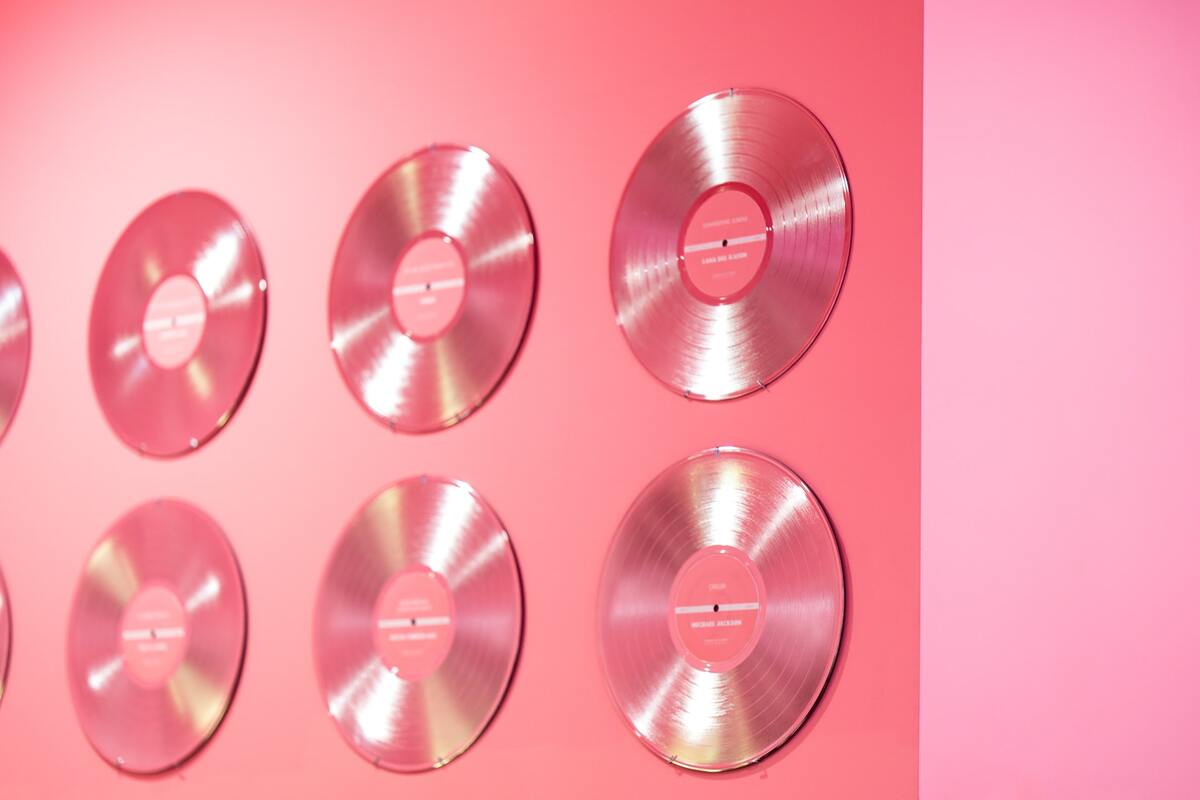You might have heard the term ‘copyright collecting society’, or you might have already signed up to one, such as PRS in the UK, ASCAP in the USA or SIAE in Italy.
In Canada and the US, collecting societies are called performance rights organisations (PROs). But what do these organisations actually do, and which one should you use? And what has all this got to do with Soundreef?
What does a collecting society do?
When you create a work (say a song), you have the right to let other people use it, or to prevent them from using it. Because of the amount of administration this involves, it makes sense for someone else to do this on your behalf, and that’s why collecting societies exist.
Copyright collecting societies manage the rights to your music. When you sign up for a collecting society, you transfer to them your rights to:
- Enforce your rights.
- Sell people non-exclusive licences to use your work.
- Collect your royalties and distribute them.
- Arrange for other collecting societies (for example, in other countries) to collect your royalties.
So once you’ve signed an agreement with them, the collecting society can licence your music to be used, for example, on the radio or TV, on the internet, or as background music. The money they collect on your behalf is then paid to you, minus an administration fee. Collecting societies don’t just sell licences to use individual songs; they also offer ‘blanket licences’, which allow the licensee (the person buying the licence) to use the collecting society’s entire catalogue for a set period of time.

Which collecting society should I use?
In the US, collecting societies have competed with each other for decades, but until recently European collecting societies had a real or de-facto monopoly on the geographical areas they covered. This meant that European artists, labels and publishers could only use their local collecting society, and European businesses who wanted to use music – for example, in the background in shops – could only buy a licence from one society. For example, SIAE collected all the royalties in Italy.
In 2008, the European Commission confirmed that other companies can compete with national collecting societies, since it wasn’t fair for the collecting societies to have a monopoly on this kind of business. This paved the way for companies like Soundreef, who compete with existing collecting societies. Soundreef officially launched in October 2011, and now supplies music to thousands of businesses throughout Europe.
Is Soundreef a collecting society?
We compete with collecting societies, aiming to offer artists, labels and publishers and the businesses who use their music in their stores a better deal. Soundreef’s cutting edge technology allows artists to see exactly how much their song has been played and where, and how much they’ve earned for it. Find out more about us.

